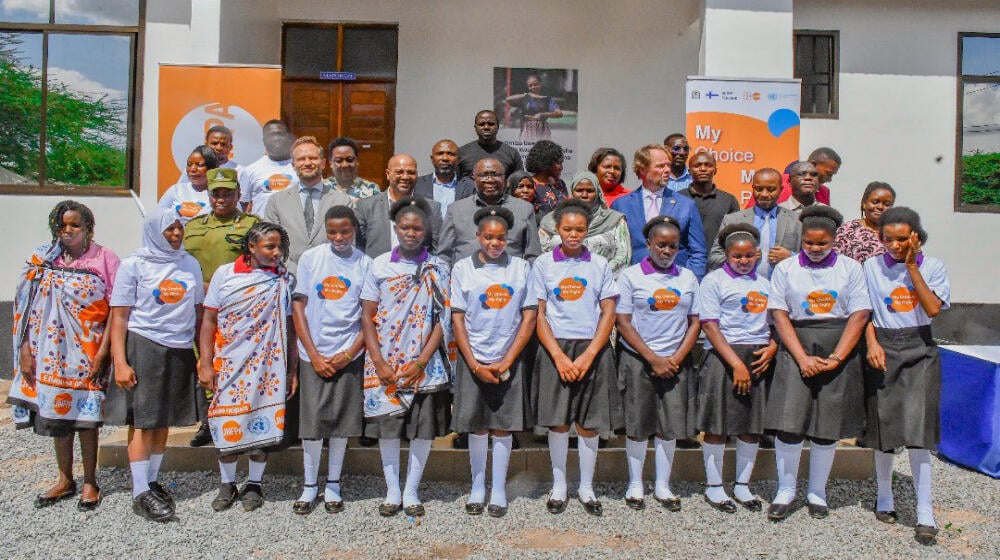16 December 2024: Kishapu, Shinyanga – The official launch of the Kishapu One-Stop Centre in Shinyanga Region marks a major milestone in supporting survivors of gender-based violence (GBV) and promoting gender equality.
Developed through a collaboration between the United Nations Population Fund (UNFPA), the Government of Finland, and Tanzanian government authorities and civil society partners through the Chaguo Langu Haki Yangu (My Choice, My Right) Programme, the Centre will provide integrated services for survivors of gender-based violence (GBV) under one roof. It particularly aims to ease access to support for GBV survivors by offering medical and psychosocial support, legal aid, and security services in a single, safe and confidential environment. Social welfare officers, trained police officers, and healthcare professionals will work together to help survivors heal without needing to visit multiple locations and repeatedly recount their trauma in a safe and confidential environment.
The facility is fully accessible to persons with disabilities, ensuring that all survivors receive comprehensive, survivor-centered care in a safe and confidential space.
UNFPA: A Vision for Equality and Inclusion
Mark Bryan Schreiner, UNFPA Representative in Tanzania emphasized the significance of the collaboration and expressed gratitude for the partnership with Finland.
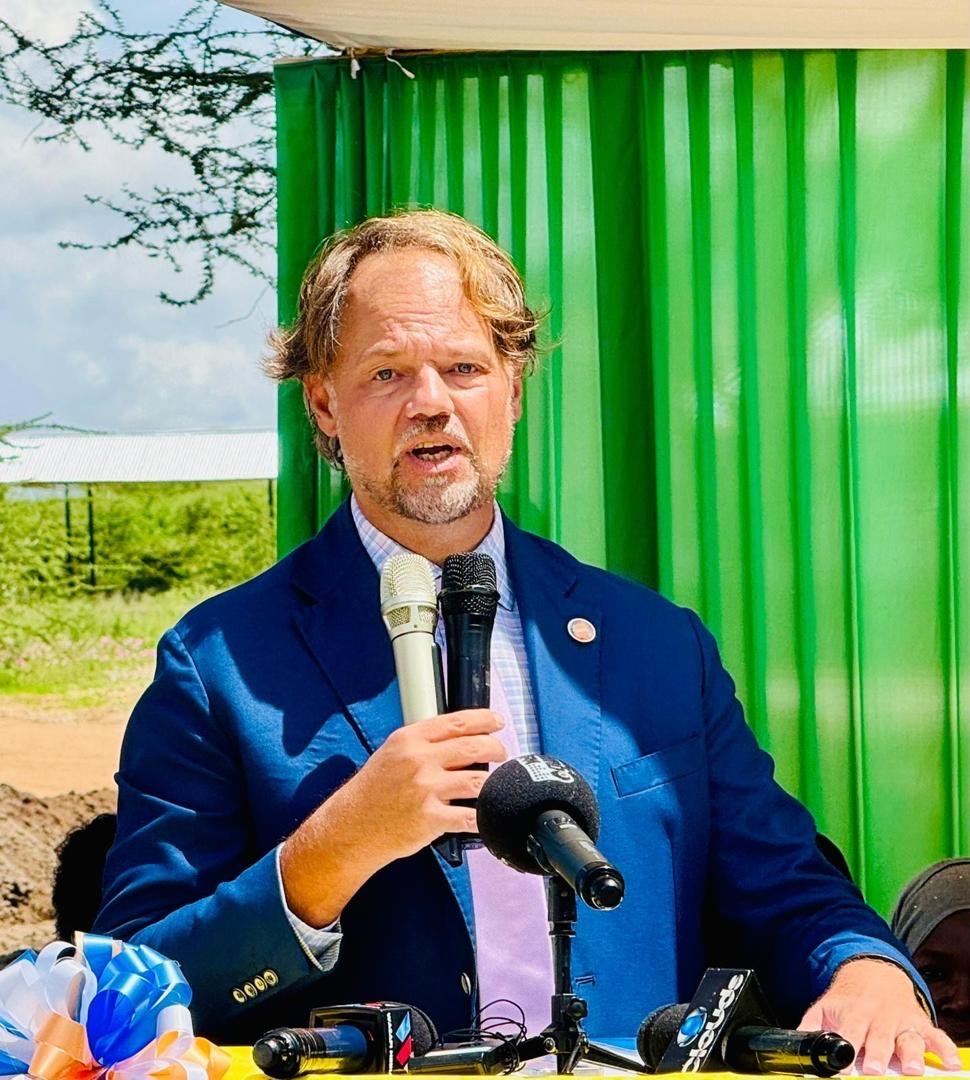
"We would like to extend UNFPA’s appreciation to the Government and People of Finland for their generous support and strong partnership. Your commitment is essential to delivering on our collective vision of a future where all women and girls can live in peace, freedom, and equality," Schreiner said
He underscored the Centre’s contribution to Tanzania’s National Plan of Action to End Violence Against Women and Children, and its alignment with the Convention on the Rights of Persons with Disabilities.
"UNFPA remains committed to supporting Tanzania in implementing strategies that protect the rights of women, girls, and persons with disabilities. The message of 'Nothing about us without us' is at the heart of our work, ensuring that women and girls with disabilities are active participants in building an inclusive society."
Addressing Urgent Needs in Shinyanga
Statistics from the latest Tanzania Demographic and Health Survey (TDHS) 2022 highlight the urgent need for such interventions in Shinyanga. Nearly 23% of women and girls aged 15-49 have experienced physical or sexual violence, while 46% of women aged 20-24 were married before the age of 18. Additionally, more than half of women and 38.5% of men in the region still believe in the justification of wife beating, underscoring the deeply rooted gender inequalities and their contribution to GBV.
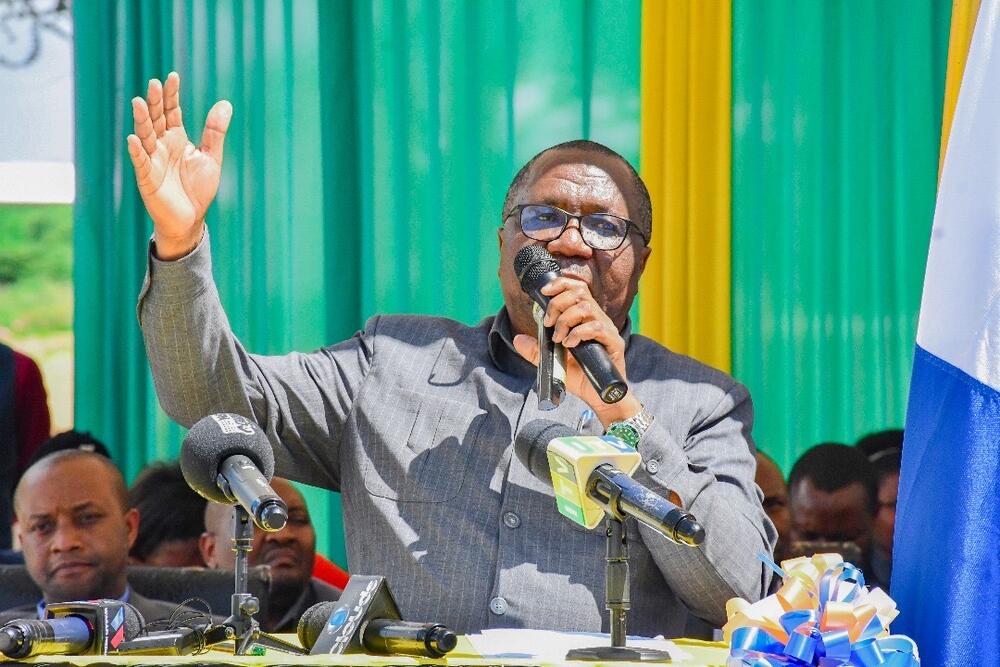
At the event, Hon. Anamringi Macha, Shinyanga Regional Commissioner, emphasized the importance of local ownership and accountability to ensure the Centre’s sustainability.
"The infrastructure is just the beginning. As a community, we must hold ourselves accountable and ensure that the Centre delivers on its promise to women and girls who rely on these services for their safety and well-being," he stated.
Finland’s Commitment to Women’s Rights and Disability Inclusion
Mr. Juhana Lehtinen, Head of Cooperation at the Embassy of Finland in Tanzania, stressed Finland's commitment to advancing gender equality and inclusivity. He further noted that the inclusion of persons with disabilities, particularly women and girls, is essential for ensuring the realization of their sexual and reproductive health rights.
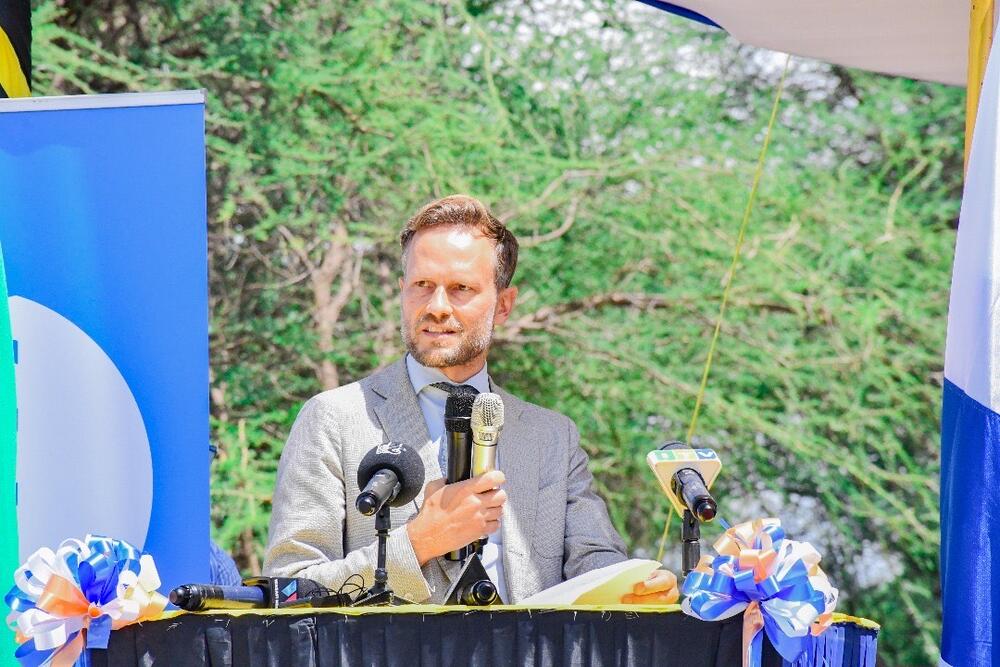
"Finland considers it fundamental that women and girls of all abilities have the right to make decisions regarding their own body, sexuality, and reproduction. The Centre is inclusive by design, ensuring accessibility for survivors with disabilities. Every survivor—regardless of ability—has the right to access services when subjected to GBV or forced marriage," Mr. Lethinen noted.
Finland’s long-standing partnership with UNFPA, particularly through the Chaguo Langu Haki Yangu (My Choice, My Right) Programme, has been instrumental in advancing sexual and reproductive health rights and tackling GBV.
"We are very proud of the Chaguo Langu Haki Yangu project. This success stems from strong partnerships with passionate organizations and professionals who work tirelessly to strengthen systems, implement policies, and build capacity," he added.
He urged local authorities to sustain the Centre by ensuring trained personnel, functional infrastructure, and essential services remain available so that every survivor—regardless of their ability—can report when they are subjected to GBV or early or forced marriage.
A Survivor’s Story: Neema Eliza, 24, Shares Her Hope
For survivors like 24-year-old Neema Eliza, the One-Stop Centre is more than just an event—it represents a lifeline for survivors of GBV that represents hope and healing.
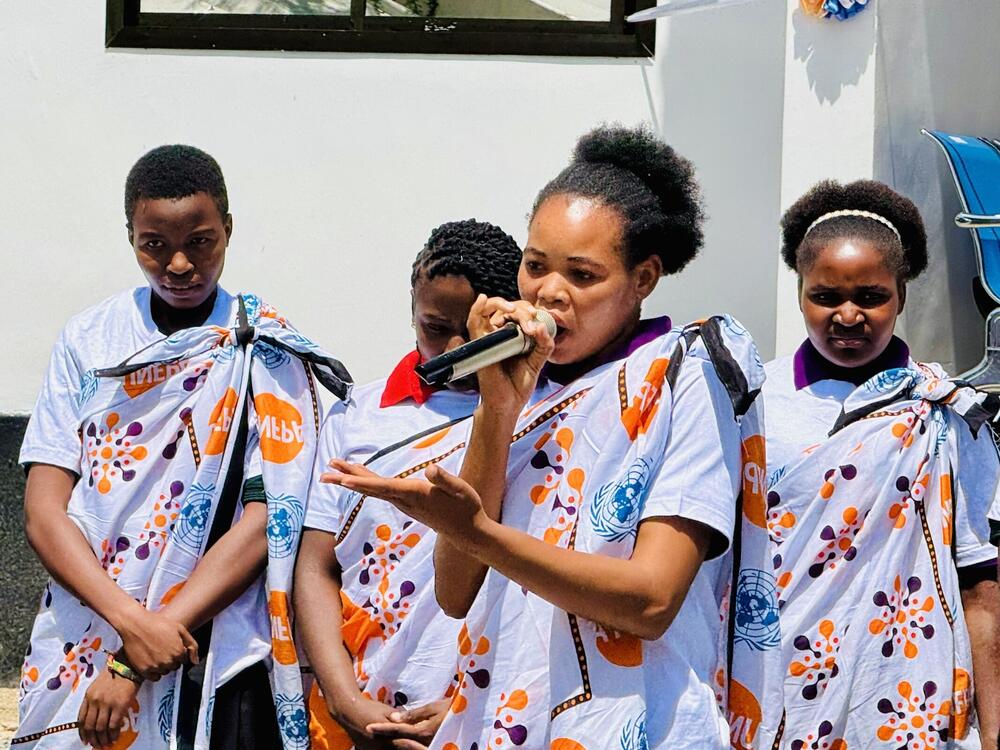
"I am so happy that this Centre is now open. I have faced violence and struggled to get help. Now, having medical care, legal aid, and emotional support all in one place will make it much easier for women like me to heal and move forward,” Neema shared.
Building a Future Free from GBV
The Kishapu One-Stop Centre symbolises Tanzania’s commitment to combatting GBV, promoting gender equality, and fostering inclusivity. With ongoing support from Finland and other partners, the Centre represents hope, healing, and a safer future for women, girls, and survivors of all abilities.
Mr. Lethinen concluded his remarks with a message of hope:
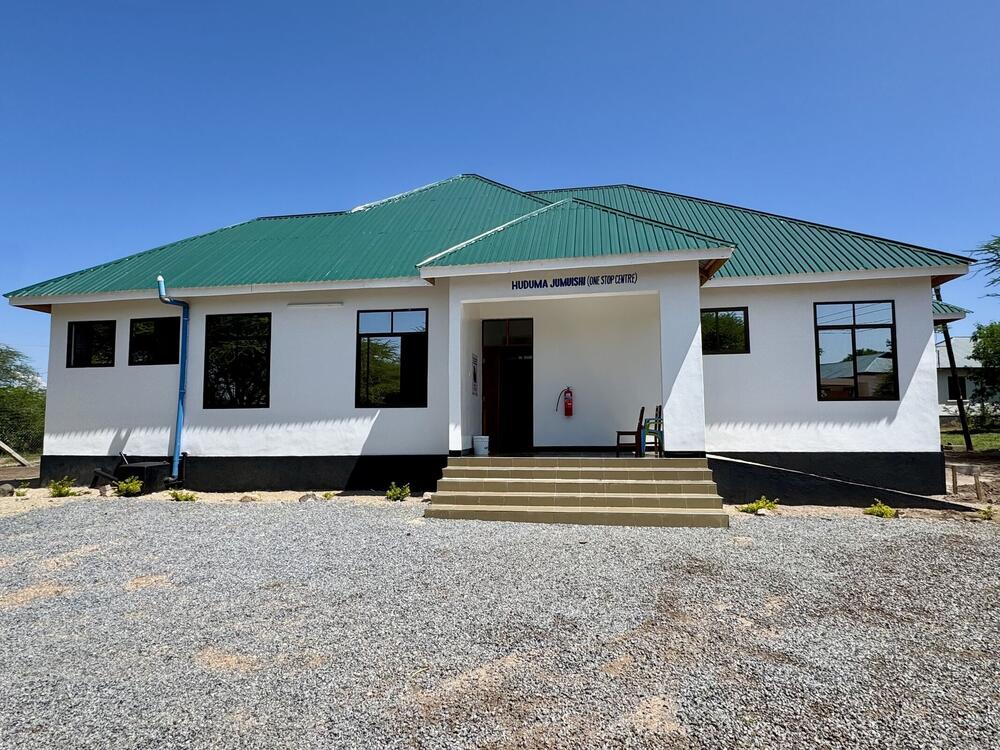
"The Kishapu One-Stop Centre will be instrumental in realizing the rights of women and girls of all abilities, improving community well-being, and advancing gender equality for generations to come."
The initiative brought together stakeholders from the Government, the Embassy of Finland, UNFPA, and local organizations such as WILDAF, C-Sema, Tanzania Gender Networking Programme, HelpAge Tanzania, and Tanzania Interfaith Partnership. The Kishapu One-Stop Centre underscores the power of collaboration in addressing pressing women's rights issues, providing a safe space where survivors can seek justice, care, and support.

